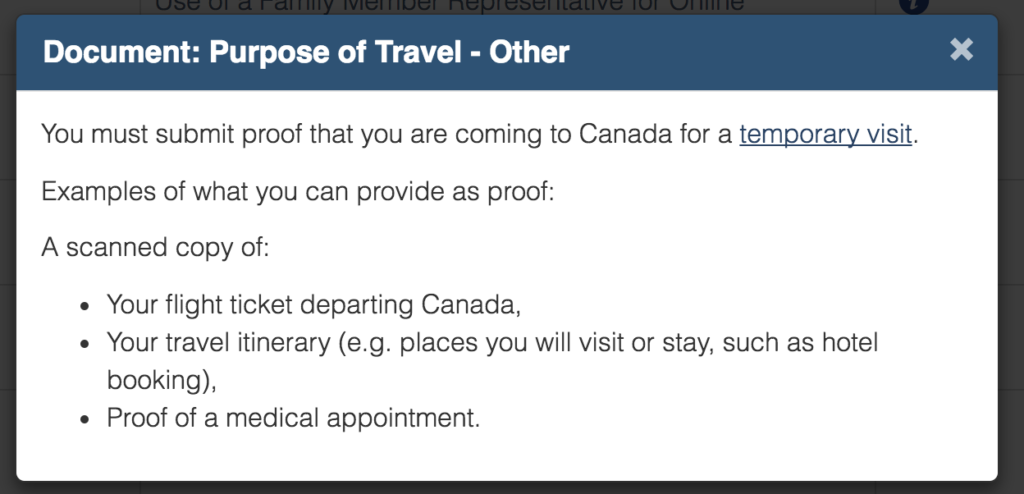Immigration, Refugees and Citizenship Canada (IRCC) has recently made changes to its visit visa policy, giving immigration officers greater flexibility in deciding which type of visa to issue. Previously, many applicants were automatically granted 10-year multiple-entry visas. However, under the new policy, officers can now choose the appropriate visa type based on individual circumstances.
This means that instead of always issuing a 10-year multiple-entry visa, applicants might receive single-entry visas or visas with different validity periods. This shift allows for more tailored visa decisions, depending on the applicant’s situation and travel history.

Key Factors Affecting Visa Issuance Under Canada’s Updated Guidelines
Under the newly updated guidelines from Immigration, Refugees and Citizenship Canada (IRCC), several factors will be considered by immigration officers when determining whether to approve a visa application. This shift in policy aims to provide more flexibility and ensure that visa decisions are based on individual circumstances. Here are the key factors that will affect visa issuance:
1. Purpose of Visit
The main reason for the applicant’s trip will play a crucial role in determining the type of visa issued:
- Single-entry visa: Applicants planning a one-time visit, such as for tourism, business meetings, or attending a conference, may be issued a single-entry visa, which allows them to enter Canada only once.
- Multiple-entry visa: Applicants who plan to visit Canada regularly, like those visiting family members, attending ongoing business commitments, or making repeated trips for personal reasons, may still qualify for a multiple-entry visa.

2. Financial Stability
An applicant’s financial standing will be closely assessed to determine whether they have the resources to support themselves during their stay in Canada and if they can manage multiple trips:
- Self-supported applicants: Those able to demonstrate sufficient financial resources will be more likely to receive a visa that matches their travel plans.
- Family-supported applicants: If the applicant is financially supported by family or friends in Canada, the immigration officer will also consider the financial stability of the host. Proof of relationship and the host’s financial situation will be key factors in this evaluation.
3. Medical Considerations
For applicants seeking a visa for medical treatment or other health-related purposes, their health status will be carefully reviewed:
- Medical treatment applicants: Individuals seeking medical care in Canada may need to provide evidence of their medical condition, as well as proof of adequate health insurance to cover the cost of treatment.
- Health status for long-term stays: Applicants with long-term health needs may be asked to show proof that they can support their medical requirements during their stay, which could affect the type of visa issued.
4. Other Considerations
In addition to the above factors, officers will also evaluate the applicant’s overall situation:
- Ties to home country: Strong connections to their home country, such as family, employment, or property ownership, can indicate that the applicant intends to return home after their visit. Applicants who can demonstrate these ties may have a better chance of receiving a multiple-entry visa.
- Previous travel history: A positive track record of adhering to the terms of previous visas, including returning on time and complying with Canadian immigration laws, will strengthen an applicant’s case for a multiple-entry visa.
- Visa refusals: Past visa refusals or overstays may negatively affect an applicant’s chances, but officers will take into account the reasons for any previous issues and whether they have been resolved.
Adjusted Validity Period for Multiple-Entry Visas
While the maximum validity period for a multiple-entry visa remains up to 10 years, it is now possible for officers to issue visas with a shorter duration based on the applicant’s specific situation. Factors such as the applicant’s ties to their home country, the stability of their home country, or the planned duration of their visit to Canada could result in a multiple-entry visa being issued for a shorter period than the typical 10 years. Additionally, the visa’s validity will be limited to the expiry date of the applicant’s passport or biometric data, whichever comes first.
Policy Change Overview
This policy change is designed to make Canada’s visa process more flexible and responsive to the individual circumstances of each applicant. By giving immigration officers more discretion, Canada aims to align visa issuance with an applicant’s travel intentions and the country’s immigration objectives.
Travelers planning to visit Canada should carefully review the updated guidelines and ensure they have all necessary documentation to support their visa application, including proof of financial stability, purpose of visit, and ties to their home country. For more detailed information on visa options, eligibility criteria, and application procedures, applicants are encouraged to visit the official IRCC website on the Government of Canada’s portal.
Got travel questions? Join our whatsapp channel and get answers on the go!
